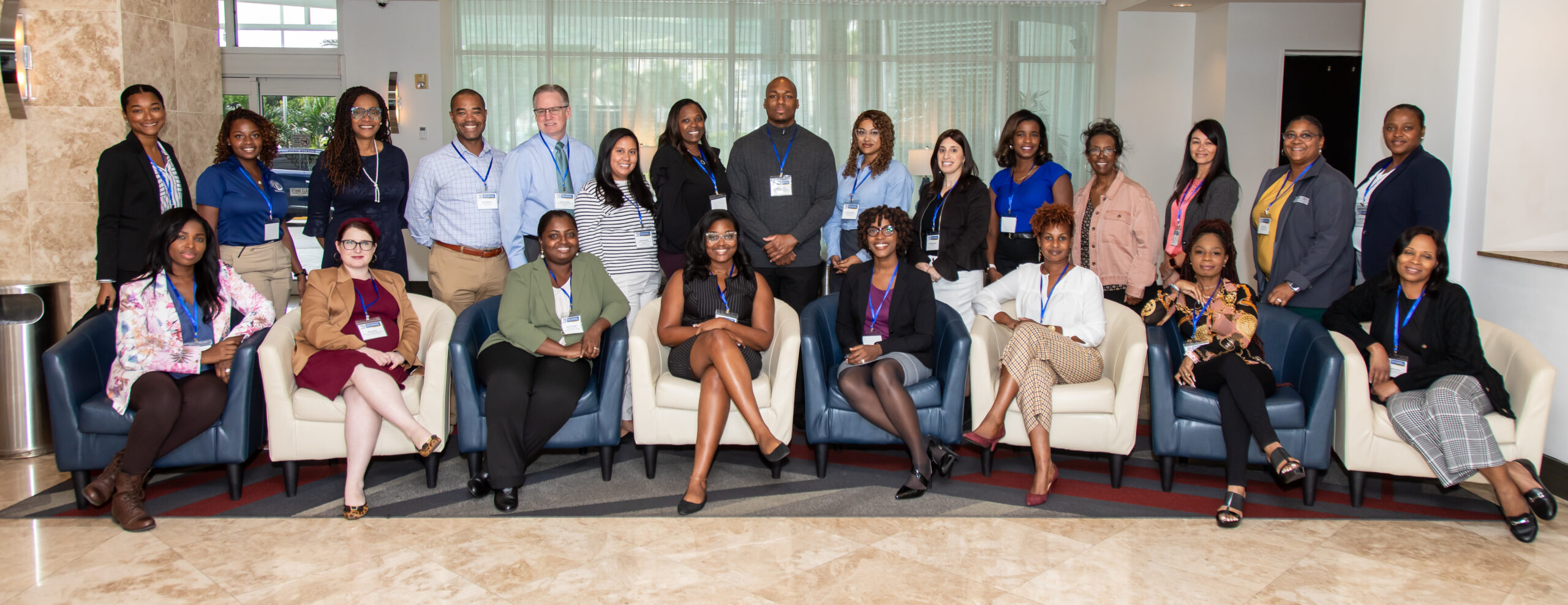By Shanada Monestime, PharmD, BCOP, Director, Community Engaged Research, and Fatima Mohamed, BSc, Manager, Community Research Implementation
In the evolving landscape of healthcare research, community-engaged research (CER) is transforming the way studies are conducted and applied. Imagine a research process where the voices of community members are not just heard but are integral to every step. This input is the essence of CER, a collaborative model that bridges the often wide gap between researchers and the communities of interest. By involving patients directly, CER ensures that research is scientifically sound, culturally sensitive, and practically relevant, aiming to produce outcomes that genuinely benefit those it serves.
The importance of community voice in research
Community perspectives are critical to research. They offer unique insights that researchers might not otherwise capture. Without their input, research risks becoming detached from the real-world issues and barriers faced by those it intends to help.
Including community members at the decision-making table ensures studies are designed with feasibility and relevance in mind. For instance, community members can highlight practical intervention implementation challenges, suggest modifications to study protocols to enhance participation, and identify outcomes that matter most to their health and well-being. This inclusive approach fosters trust and transparency, leading to more effective and sustainable health solutions.
How to include community members in research
Researchers can effectively engage community members by first building trust, especially given the historical context of research misuse in many communities. Trust building involves understanding the local culture and history and listening to the community’s concerns. Building strong relationships with community leaders, who can serve as vital bridges to potential research participants, is an essential first step. Additionally, researchers should avoid approaching the community with predetermined research questions and instead offer community members a genuine seat at the table to express their ideas and serve as partners in the decision-making process.
Ensuring that the research is mutually beneficial is vital, offering clear advantages to both the researchers and the community. Ultimately, such engagement leads to more relevant and impactful research outcomes that genuinely benefit the community.
Implementing community input for better outcomes
Engaging the community in research is more than a token inclusion; it involves meaningful participation throughout the research process. This can be achieved by forming advisory boards of community members, conducting focus groups to gather input on study design, and co-developing research questions and methodologies with patient representatives. Researchers can also hold community forums to discuss findings and gather feedback, ensuring the research meets community needs. This approach enriches the research process and empowers communities to have ownership and accountability toward health outcomes.
Sustainability: Building long-term partnerships
Sustainability is a cornerstone of true community-engaged research. While the project itself may be short-lasting, developing a long-term plan that ensures ongoing benefits for the community is crucial. This involves moving beyond short-term incentives like gift cards, which, although useful, do not alone create genuine, enduring partnerships.
Researchers should aim to view communities as lifelong partners, investing in relationships that endure beyond the duration of individual projects. Researchers demonstrate that their engagement is mutually beneficial by participating in community events and supporting local initiatives. This approach helps communities see researchers as true partners, fostering comfort and collaboration. By adopting this sustainable approach, research benefits can be shared, fostering continuous community support and trust, leading to more meaningful outcomes and a resilient bond between researchers and the communities they serve.
GO2’s READY-Lung project
A key priority for GO2 is effective, community-engaged research. Our upcoming project, READY-Lung, exemplifies how to incorporate community input at every stage of the research process. The READY-Lung project features an advisory board that includes key community partners who collectively develop research questions and design the study. The advisory board meets every 2 weeks to discuss updates, ensuring that community voices are continuously included and heard.
This collaborative approach not only enhances the relevance and applicability of the research but also builds trust and engagement within the community. Learn more about the READY-Lung project.

The advisory board members of READY-Lung are actively working to reduce disparities in lung cancer within the African American/Black communities in Broward County, Florida.

Leave A Comment